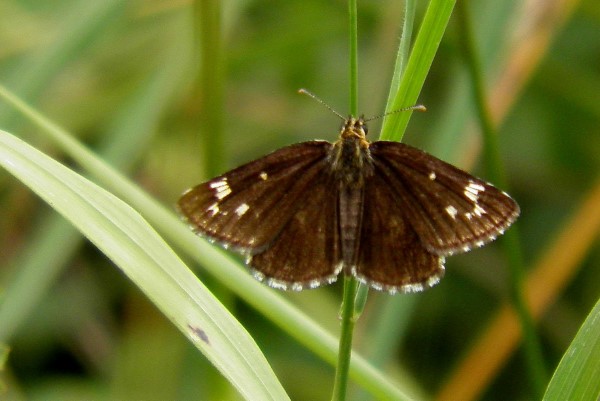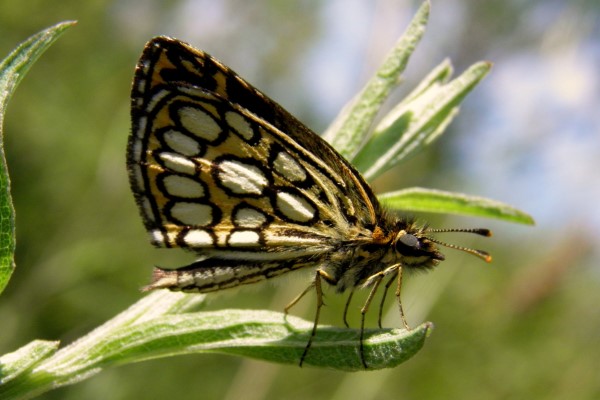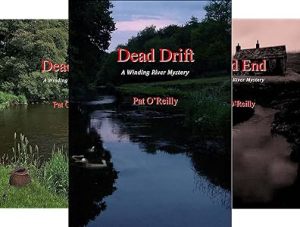Large Chequered Skipper Butterfly - Heteropterus morpheus
Phylum: Arthropoda - Class: Insecta - Order: Lepidoptera - Family: Hesperiidae

The Large Chequered Skipper has rather dull upperwings, which are rarely seen as it generally rests with its wings closed; however, the underwings are unmistakable, and so identification errors are most unlikely to occur.
Description
In flight this member of the 'skipper' group is distinguished by its bouncing flight pattern (not unlike that of a Great Spotted Woodpecker but on an much smaller scale). At rest with its wings closed, the black-ringed white bubble-like spots on a yellow background identify the Large Chequered Skipper uniquely.

Habitat
Look out for this remarkable butterfly on woodland edges and in grassy woodland clearings.
Distribution
In Britain this butterfly has been recorded on just two or three occasions and certainly cannot be considered a native species. Its geographic rage is patchy but covers much of central and eastern Europe, including France, Italy and parts of northern Spain.

Lifecycle
The larval foodplants are various kinds of grasses. The foodplants are various grasses in different genera, on which the larvae feed in a feeding tube made from a folded blade of grass. The larvae hibernate within this tube. Adults fly in a single generation in late June and July.
Large Chequered Skippers lays their eggs inside grass sheathes during June and July. The caterpillars emerge and then go into hibernation until winter is over, when they pupate in early spring.
Studying butterflies and moths...
Excited at the prospect of flyfishing? So are we, and we're pretty sure you would find the Winding River Mystery trilogy of action-packed thrillers gripping reading too. Dead Drift, Dead Cert, and Dead End are Pat O'Reilly's latest river-and-flyfishing based novels, and now they are available in ebook format. Full details on our website here...
Buy each book for just £4.96 on Amazon...
Please Help Us: If you have found this information interesting and useful, please consider helping to keep First Nature online by making a small donation towards the web hosting and internet costs.
Any donations over and above the essential running costs will help support the conservation work of Plantlife, the Rivers Trust and charitable botanic gardens - as do author royalties and publisher proceeds from books by Pat and Sue.
